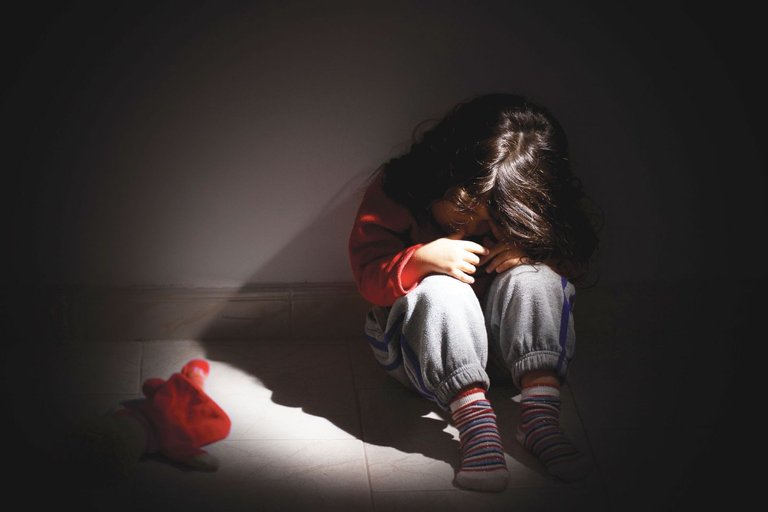Trauma can have a significant impact on an individual's physical and mental health, and recent studies have suggested that past traumatic experiences may contribute to weight gain.
When an individual experiences a traumatic event, the body's natural stress response is activated. This response, known as the "fight or flight" response, causes the release of hormones such as cortisol and adrenaline, which can lead to increased appetite and cravings for high-fat and high-sugar foods. These foods provide a temporary sense of comfort and can act as a form of self-medication for individuals coping with the aftermath of trauma.
Additionally, individuals who have experienced trauma may also engage in disordered eating behaviors such as binge eating or emotional eating as a means of coping with their emotional pain. These behaviors can lead to weight gain over time.
Trauma can also affect an individual's ability to regulate their emotions, which can contribute to weight gain. For example, an individual who has experienced trauma may have difficulty managing their stress levels, which can lead to overeating as a means of coping. Additionally, an individual who has experienced trauma may have difficulty sleeping, which can disrupt their metabolism and contribute to weight gain.
Furthermore, trauma can also affect an individual's overall sense of self-worth, which can contribute to weight gain. For example, an individual who has experienced trauma may feel that they do not deserve to take care of themselves, and may neglect their physical health as a result. Additionally, an individual who has experienced trauma may feel that their body is a source of shame and may turn to overeating as a means of numbing their emotions.
It's important to note that the connection between past traumatic experiences and weight gain is complex and not fully understood. However, research suggests that the relationship between the two may be bidirectional, meaning that weight gain can also contribute to the development of mental health issues such as depression and anxiety.
If you suspect that past traumatic experiences may be contributing to your weight gain, it is important to seek help from a mental health professional. A therapist or counselor can help you work through your traumatic experiences and develop healthy coping mechanisms to manage your emotions. Additionally, a registered dietitian or nutritionist can help you develop a healthy eating plan that supports your physical and emotional well-being.
While past traumatic experiences can affect an individual's physical and mental health in various ways, it is important to remember that healing is possible. With the help of mental health professionals and healthcare providers, individuals who have experienced trauma can learn to manage their emotions and develop healthy coping mechanisms. It's important to be patient with yourself and to know that healing takes time.

Congratulations @annievaughn! You have completed the following achievement on the Hive blockchain And have been rewarded with New badge(s)
Your next target is to reach 50 posts.
You can view your badges on your board and compare yourself to others in the Ranking
If you no longer want to receive notifications, reply to this comment with the word
STOPTo support your work, I also upvoted your post!
Check out our last posts:
Support the HiveBuzz project. Vote for our proposal!